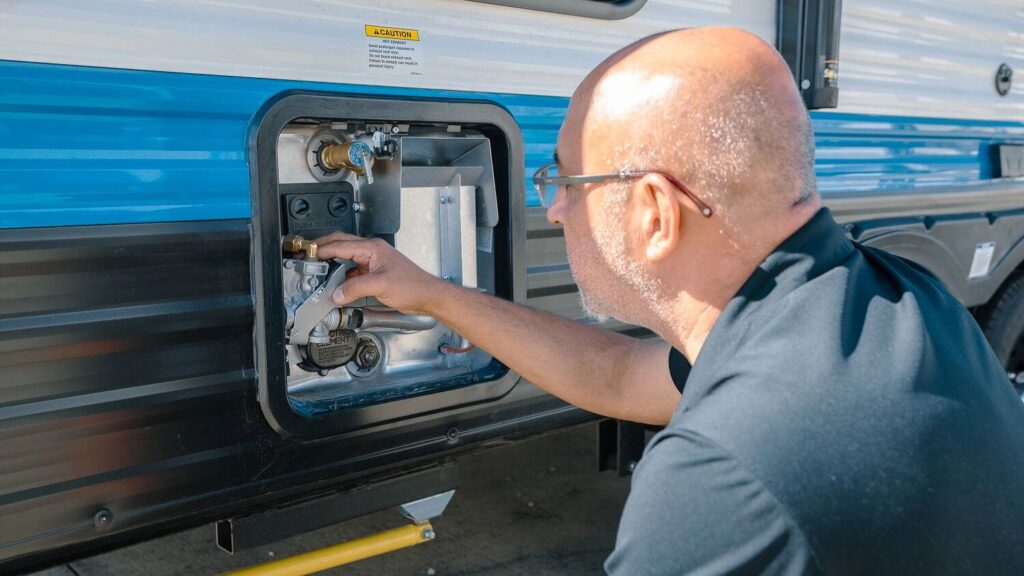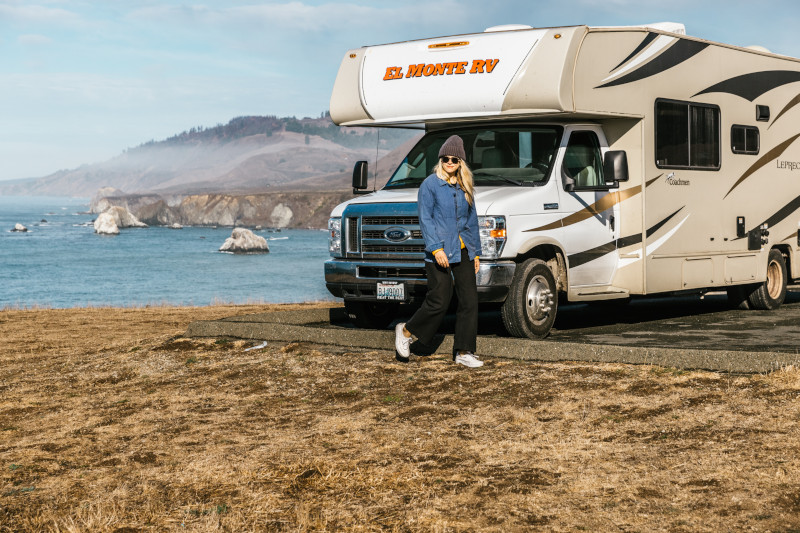Buying an RV: What to Expect With RV Taxes
Owning an RV means you have a residence and a vehicle rolled into one asset. This reality translates into freedom on the road, but not regarding taxes. Learn more about RV taxes and how they’ll impact your checkbook.
Upfront RV Taxes
Whether you purchase a new or used motorhome from a dealership, you’ll pay sales tax upfront. The city, county or state bases these tax rates on calculated percentages and formulas. Certainly, some states are less expensive than others regarding taxation.
Luckily, there’s a simple way to streamline these upfront costs. By financing RV sales, you roll the tax bill into the monthly payments. The taxes remain the same, but you pay them off over the contract’s term length.
Contact El Monte RV Sales today for a quote on a new or used motorhome!
Annual Taxes
RV owners must pay property taxes, according to Intuit Turbo Tax. Although the asset is a vehicle, it also supports sleeping, cooking and toileting needs. As a result, the IRS classifies RVs as assets requiring property taxation.
However, state laws might supersede the federal guidelines. Several states, such as Alaska or Delaware, require no property taxes on RVs. Because RV owners can roam the nation’s highways, some owners move to states without property taxes after an initial purchase elsewhere.
In addition, some states combine property taxes into registration fees each year. Read over the annual statement to verify if this scenario applies to your RV purchase.
Miscellaneous RV Taxes
Local taxes are another charge to look for after buying an RV. Every locality has varying fees based on its regional laws. These charges might include items, such as:
- Title fees
- Bookkeeping charges
- Law enforcement costs
Furthermore, RV owners may pay these taxes once a year, every quarter or each month. You should receive documentation about upcoming invoices once you purchase the RV. Every RV purchase will have unique costs and payment deadlines based on your location.
Vehicle Registration Fees
Every state has registration fees, which offset costs involving street and highway infrastructure along with other departments. The state usually charges an annual fee to newer RVs on a tiered system. For example, the RV’s size and weight determine the fee’s amount. Typically, a larger and heavier RV costs more to register with the state.
RV owners with older vehicles can often pay a flat fee or nothing at all. Indeed, they’re grandfathered into the system when a vehicle is several decades old. Every state will have its guidelines on registration fees, however. Verifying costs with the state is a clever way to avoid any surprises next year.
Flat-Rate Opportunities
Some states offer flat-rate charges on registration fees or local taxes. Indeed, specific cities or counties might have flat rates. When you’re buying an RV, perform some local research regarding current tax laws. There can be some benefits, depending on the RV’s owner. For example, some military veterans might be eligible for reduced fees or none at all. Ask our RV sales professionals about local fees because they have experience in this area.
Buying an RV is a family investment that pays off with priceless experiences through the years. Keep up with RV taxes so you can focus on the open road.
Call El Monte RV Sales for a test drive today!



